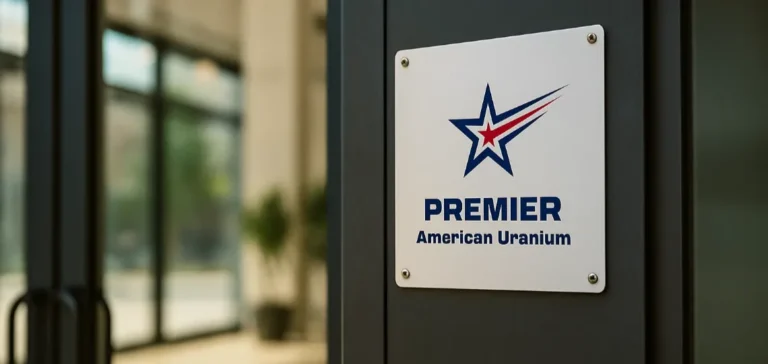Premier American Uranium Inc. and Nuclear Fuels Inc. have stated that the closing of their consolidation transaction, structured as a statutory plan of arrangement, is expected to occur around September 19. This timeline remains subject to the completion of the ongoing regulatory review by the TSX Venture Exchange.
The proposed merger aims to consolidate the assets of both companies, each focused on uranium exploration and development within the United States. No new commercial terms have been introduced since the previous announcement made at the end of August. The legal transaction remains structured under Canadian procedures for companies listed on the TSX Venture Exchange and the Canadian Securities Exchange.
Operation centred on strategic U.S. uranium basins
Premier American Uranium currently holds positions in three of the most prominent uranium-producing regions in the United States: the Grants Mineral Belt in New Mexico, the Great Divide Basin in Wyoming, and the Uravan Mineral Belt in Colorado. These regions represent a significant portion of the potential for reactivating the U.S. civilian nuclear sector.
The company, backed by institutional actors such as Sachem Cove Partners, IsoEnergy Ltd., and Mega Uranium Ltd., has outlined a development roadmap that includes advanced exploration and the progression of defined resource targets. Nuclear Fuels brings complementary expertise and assets located in adjacent areas.
Positioning aligned with nuclear market dynamics
The completion of this transaction is expected to strengthen the new entity’s position in the North American uranium market, particularly amid renewed interest in domestic energy security. Both companies have expressed their intention to streamline their portfolios and accelerate technical development programmes on key projects.
No further details have been provided regarding the governance of the post-merger entity. Both parties stated they would release additional information once regulatory approvals are completed.






















